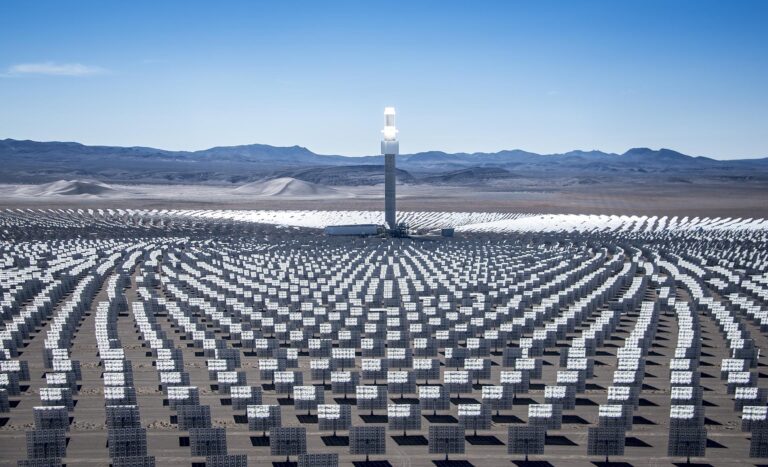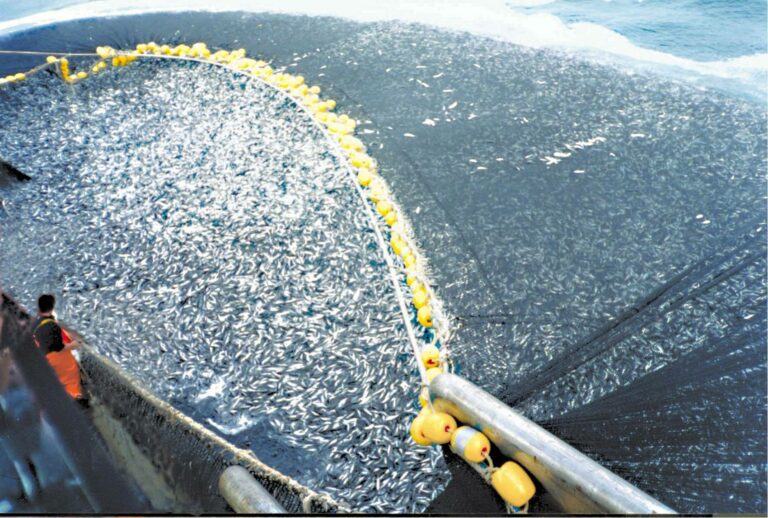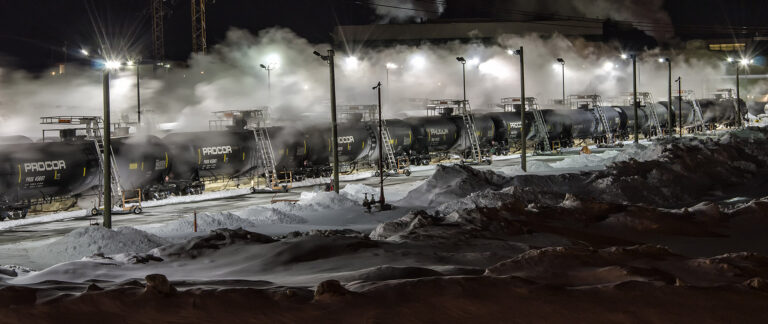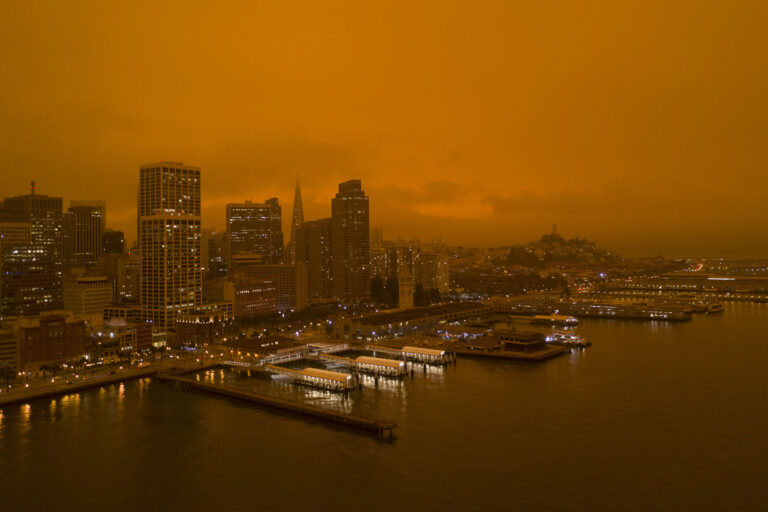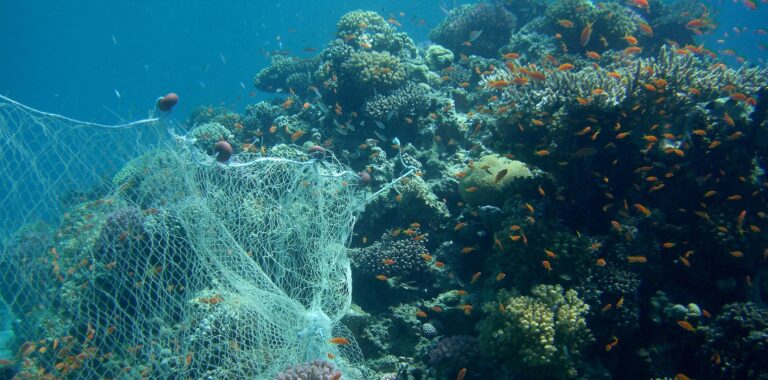In an effort to stave off climate catastrophe, many countries have made commitments...
In order to reach global climate goals, oil and gas production and consumption must rapidly decline over the next few decades.
This will require the phasing-out of gas-powered vehicles and the transition to renewable energy. Yet, oil currently makes up 30 percent of global energy supply. Fossil gas provides 23 percent and is increasing; while governments have taken positive steps to phase out coal, there has been greater reluctance to commit to phasing out gas, including by members of the G7.
The global oil and gas industry is estimated to be responsible for approximately 42 percent of global greenhouse gas emissions, including indirect emissions from extraction and transportation operations and emissions from downstream uses of oil and gas. The oil and gas industry is responsible for more than 20 percent of global methane emissions, a potent greenhouse gas.
Oil and gas exploration, extraction, use, and pollution pose significant threats to human rights and the environment. Oil spills have devastating impacts on people and the environment and release toxic and carcinogenic substances into soil and water. There were nearly 500 oil spills in the Peruvian Amazon from 2000 to 2019, with the health, economic well-being, and food security of Indigenous Peoples disproportionately impacted. Marine oil spills, including the leaking of heavy fuel oils from ships, harm wildlife and coastal communities.
Hydraulic fracturing, or fracking, is a method of extracting oil or gas from shale rock formations and requires pumping water and chemicals, or fracking fluid, into the underground deposits. Fracking poses serious environmental and human rights concerns. Fracking consumes massive quantities of water, poisons drinking water resources through leakage or spills of chemical-laden fracking fluids into ground and surface water resources, and is linked with increased frequency of earthquakes.
Photo Credit: An oil well. (CC0 1.0).
More reading...
Overfishing is a serious marine issue with direct effects on both climate change...
The right to participate in public affairs in combatting climate change is critical.
The combustion of fossil fuels, including oil, gas, and coal, is the single...
“The right to a clean, healthy and sustainable environment is a human right...
Bottom trawling is a destructive method of fishing in which a heavy, weighted...

